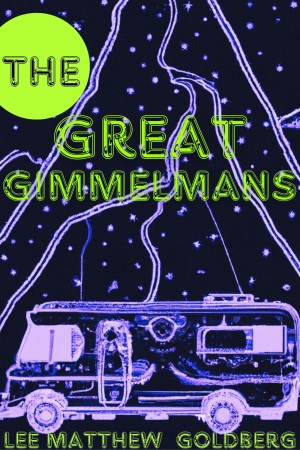This book has all the makings of a superb mystery. Scott Seligman has written a well-researched account of a kidnapping and murder that engrossed the Jewish community of Harbin, Manchuria in the 1930s.
The author begins by describing the history of Harbin and its Jewish residents, most of whom came to the town by way of the railroad that the Russians and Chinese had contracted to build. At its height, the community numbered twenty thousand. At first the Jews had a good life, free from Russian pogroms and restrictions. But all of that changed in 1931, when the Japanese arrived and made an alliance with the White Russian community in Harbin, many members of which were fascist and antisemitic. The result was years of terror, as Russian gangs — fueled by the propagandist text The Protocols of the Elders of Zion—kidnapped wealthy Jews for ransom and sometimes murdered them, often with the involvement of the Japanese police.
Seligman focuses on the case of Semyon Kaspé, a young Jewish violinist who was well known on the concert circuit. When his father couldn’t pay the ransom, the kidnappers murdered Seymon. Most of the book covers his kidnapping, and includes pages of letters between him and his father. Seligman’s descriptions in this section are so detailed as to sometimes be repetitive. The next third of the book homes in on the trial of the kidnappers. Here, Seligman examines the collusion of the Japanese. Although the kidnappers received severe sentences, all were pardoned by the Japanese puppet emperor, Puyi, because the Japanese were afraid of angering the White Russian community.
The last part of the book explores the decline of the Jewish community in Harbin. Seligman tells of the Fugu Plan, an attempt by the Japanese to lure European Jews, who were struggling to flee the Nazis, into the cities they controlled in China. The Japanese wanted to use them to build up their cities’ economies and gain political goodwill in the United States. While the plan was a failure, it did allow thousands of Jews to survive the war.
This story will appeal most to those interested in Asian and/or Jewish history during the World War II era.
Jill S. Beerman grew up in New Jersey and attended Montclair State University. She has a doctorate in American Studies from New York University. She taught high school and college for twenty-five years.





